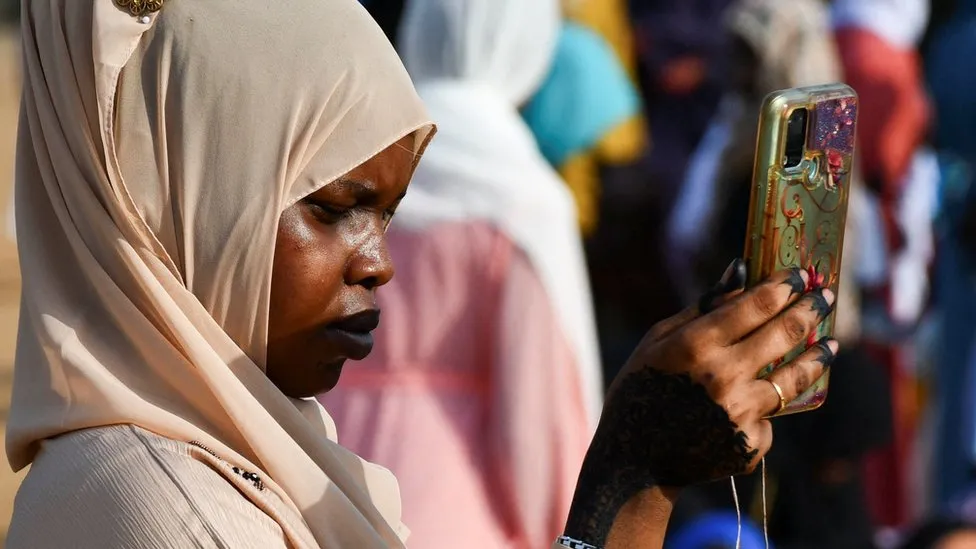Millions of Sudanese people have experienced a several days-long internet outage across the country, the causes of which remain unknown. The country’s paramilitary, Rapid Support Forces (RSF), has been accused of shutting down internet connections in western Darfur, a region largely under its control, in response to earlier service outages it claims to have been the work of government military forces.
SUNA, a state-run news agency, and two additional sources insist that the RSF shut down connections while demanding the restoration of network outages in the western region of Darfur, which it largely controls. The RSF also controls the capital Khartoum and the telecoms companies located in the area.
Outages first began to be experienced by users of the South African-owned MTN Sudan along with the state-owned Sudani provider. Later, users of the Kuwaiti-owned Zain Sudan in the River Nile state and Port Sudan city lost access. With both of the Zain supported locations controlled by the state’s Sudanese Armed Forces (SAF), the RSF contends that power outages have been brought about by the government’s military forces.
Among the few internet providers currently active is Starlink, a service run by Elon Musk. Starlink internet is currently operational, despite government bans on the devices. Claims have been made that Starlink devices entered the country from Chad and South Sudan and are currently being used by the RSF.
Sudan has been in the midst of an intense civil war since April 2024, which began while the country planned to integrate the RSF and the SAF in advance of holding state elections. Since then, fighting across the country has caused severe damage to power lines, factories, network towers, and other infrastructure, making for desperate living conditions.
Over 9 million civilians have already been displaced by ongoing conflicts with internet blackouts furthering the instability. The network disruptions have affected people who rely on electronic payments like e-wallets to pay for food and other necessities, causing observers to fear the country will descend into widespread famine conditions as food prices skyrocket.
Death tolls continue to rise as a result of the war, particularly among young Sudanese children living in camps such as the Zamzam camp occupied by displaced people. Doctors Without Borders has estimated that at least one Sudanese child dies every two hours from starvation.
According to the UN, over 1.5 million people have fled to surrounding countries like Egypt, Chad, the Central African Republic, Ethiopia, and South Sudan, leaving an additional 25 million in dire need of humanitarian assistance.
The UN refugee agency (UNHCR) and the United Nations Office for the Coordination of Humanitarian Affairs (OCHA) launched a joint appeal for $2.7bn in funding to be sent in humanitarian aid to Sudanese people and those in neighboring nations affected by the war.
With millions of people left unable to contact relatives or access volunteer resources without internet access, ground-level volunteer workers fear that deaths due to starvation and untreated illness will rise among a civilian population already suffering from the effects of civil war.
Martin Griffiths, the Under-Secretary-General for Humanitarian Affairs and Emergency Relief Coordinator highlighted that “ten months of conflict have robbed the people of Sudan of nearly everything – their safety, their homes and their livelihoods.” He added that a “heightened sense of urgency” is needed by world leaders in addressing the country’s current situation.











